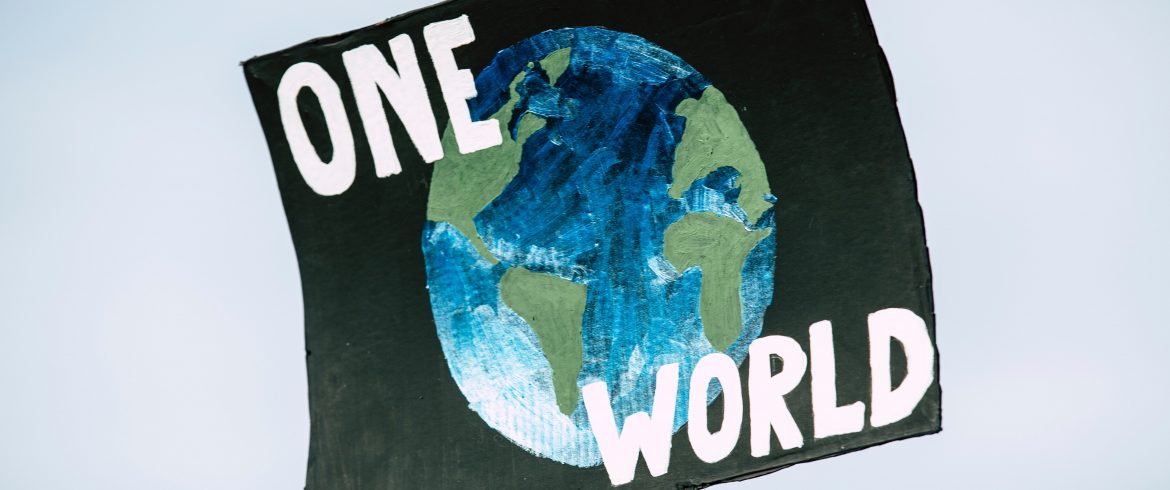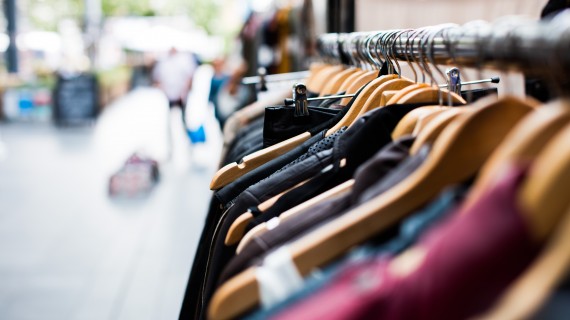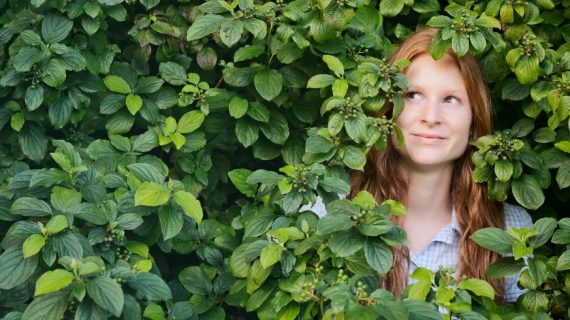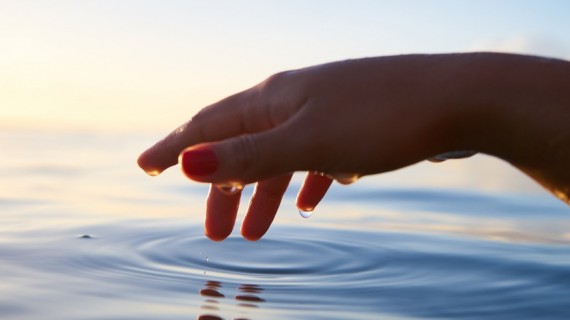In order to contrast climate change, it is vital that everyone does something concrete every day. Here are 10 useful tips to fight climate change.
The effects of climate change are more and more worrying. Recently a new report has been published by Intergovernmental Panel on Climate Change (IPCC), an ONU organization that deals with climate change and its consequences. The data are up-to-date and alarming.
It has been proved that the last five years have been the warmest ones since 1850 and that the levels of CO2 in the air are really high. This contributes to the rise in temperature and to the blaze of fires. Glaciers are also melting and that means that a lot of species are in danger. Rising seas will force a lot of people to move because the coastal areas will be unfit for habitation.
These consequences are strongly bond to human activities.
However, according to the report, not everything is lost. If everyone, both Governments and citizens, committed, we would get good results and we would contribute to slow this alarming process down.
What can we do every day to contrast climate change? Here are 10 useful and practical tips.
1. Plant new trees and protect forests

Planting new trees can seem an ordinary and insignificant gesture. Actually, it is very important and it can hugely contribute to contrast climate changes. Trees have a lot of benefits: they absorb co2 and improve air’s quality; they help maintain low temperatures and preserve biodiversity. They also guarantee a healthy and balanced lifestyle. For this reason, it is crucial not to damage forests. In addition to this, if you have the possibility, you should plant as many as trees and flowers in your garden.
2. Preserve the oceans
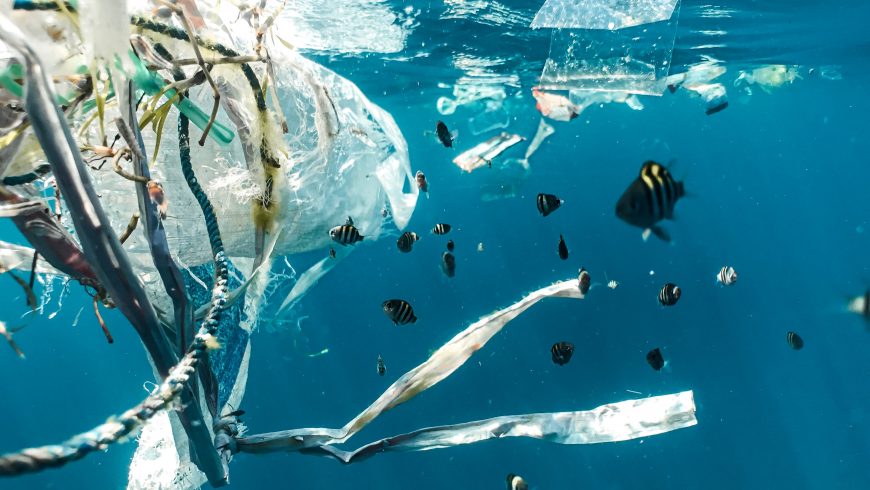
Oceans, as well as forests, help to absorb co2 and to maintain low temperatures. However, also oceans are in danger: species are threatened by intensive fishing and they are sadly often used as landfills. In fact, oceans are full of garbage and effluent. Sadly, we all know plastic islands. Even though this problem seems bigger than us and we feel helpless, we all must commit and do our best. It is important not to pollute beaches and leave wastes. We should also clean them. In addition to this, we should limit fish consumptions or buy sustainable fishing products.
3. Improve the energy efficiency of your house

To limit energy consumptions in our houses it is important to make conscious choices and investments. Even though they are expensive, they will really worth it economically and environmentally in the long period. You should install solar panels to heat water and photovoltaic ones to produce green energy and be self-sufficient. It is also important to isolate buildings in order to save energy. In this respect, you should opt for low consumption led bulbs. Never forget not to leave appliances in stand-by mode. Also remember to substitute old appliances and fix damaged ones.
4. Choose sustainable means of transportations
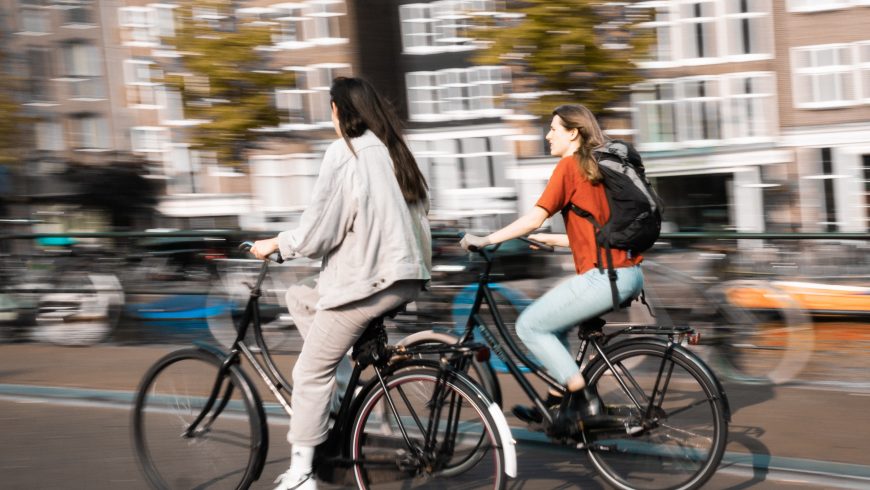
Means of transportation that employ petrol are the major responsible of global warming and climate changes in general. Therefore you should purchase hybrid or electric cars, use public means of transportation or, even better, go on foot or ride your bike. Even when you travel you should opt for trains instead of airplanes and ships.
5. Reduce plastic usage

Nowadays we are all well aware of the fact that plastic is a harmful material and we shouldn’t use it. For example, you should quit buying products with plastic packaging such as food and beverages. Alternatively, you should go for loose products or the ones with more sustainable packaging, for example paper and glass ones. To stop buying plastic bottles, you should have a reusable bottle always with you. Stop purchasing single use products and the ones that nowadays you can find made with sustainable products, such as bamboo toothbrushes and reusable cotton pads.
6. Dispose waste correctly
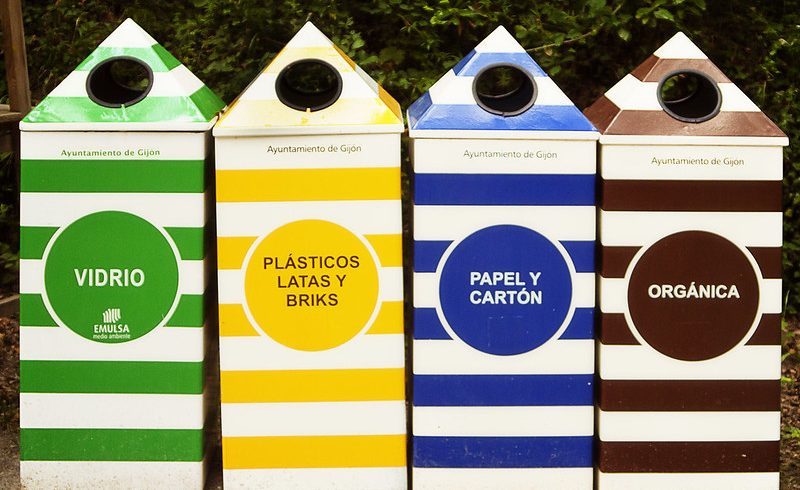
One of the golden rules to help the environment and contrast climate changes is to recycle waste. Even though in many countries such as Italy waste are collected door-by-door, we must contribute and always dispose them correctly. If you have a garden, you may find it interesting to make your own compost. It is very useful since you recycle your organic waste. In addition to this, your plants will benefit from this homemade fertiliser.
7. The three Rs: recycle, reuse and recycle

Nowadays we are used to buying a lot of useless things: from objects to clothes, low prices offered by chain shops tempt us. Consequently, we buy also thing we don’t need. This is harmful for our Planet since resources are exploited with no reasons. For example, it has been proved that fast fashion industry is one of the most polluting. For this reason we should limit our purchases and only buy what we really need. We should fix a broken object instead of buying a new one. Moreover, we should give away thing we don’t use anymore instead of throwing them away. Giving a new life to old objects is a wonderful way to save our planet.
8. Invest in renewable energies
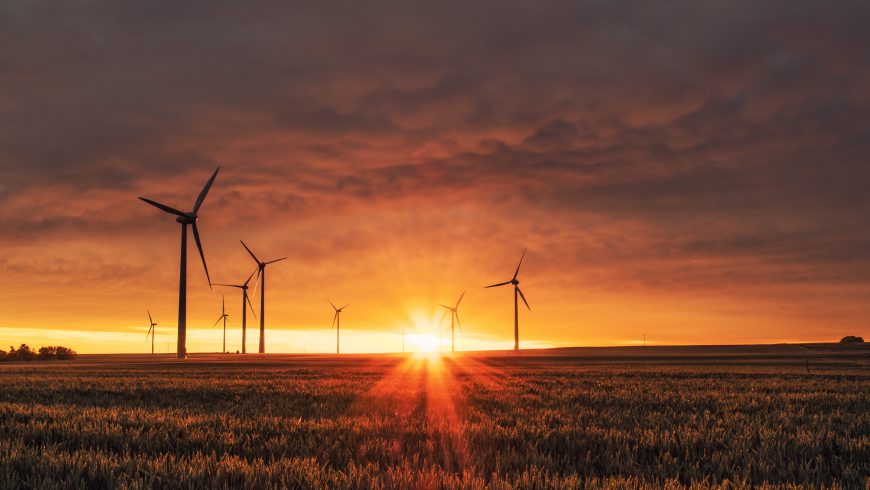
Renewable energies are important to contrast climate changes. In fact, solar power, wind energy, water power and geothermal energy are sustainable and not polluting. That means that we will benefit from them also in the future. If you haven’t already done it, you should change your energy provider and opt for a green one.
9. Vegan nutrition: an ally against climate changes
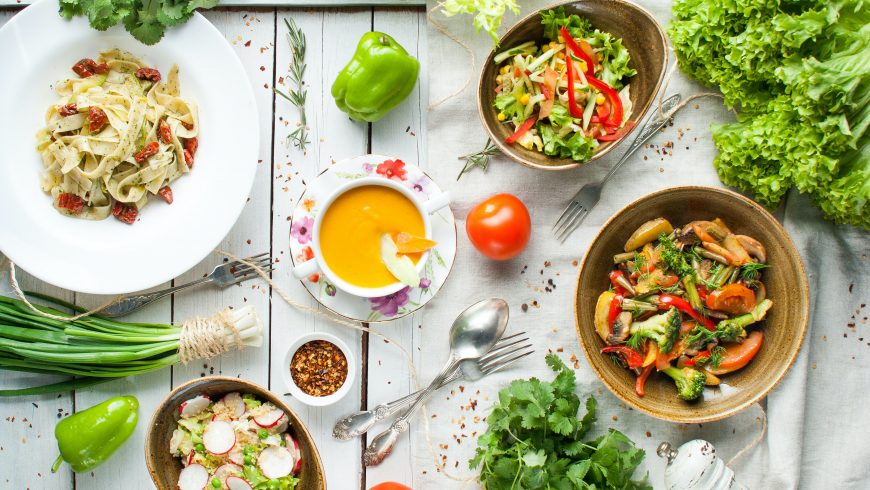
Even intensive farming for the production of meat, eggs and dairy products contribute to climate changes. It would be ideal that we all opt for vegan nutrition, but this change could be a bit difficult for most. However, we can change our nutrition by improving our habits. We should limit meat consumption and choose fruits, vegetable, legumes and cereals. It is important to buy seasonal products and organically-grown ones. Having a vegetable garden it is also a great way to adopt a more sustainable nutrition.
10. Develop sustainable habits
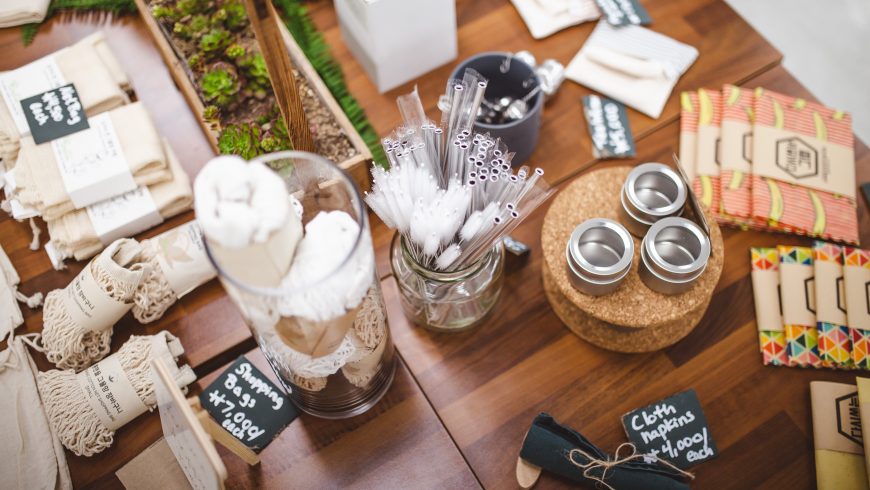
Don’t forget to pay attention to your routine. It doesn’t take too much to make the difference: always remember to switch off the lights when you don’t need them, take short showers instead of long baths, use rain water for your garden. Our consume habits could be changed and be more sustainable, too. Opt for small and local businesses, buy craft products and invest in quality and lasting goods.
Even though climate change scare us and we sometimes feel powerless, it is important not to lose hope and do something every day. Every small gesture can make a difference.
Cover image by Markus Spiske on Unsplash
